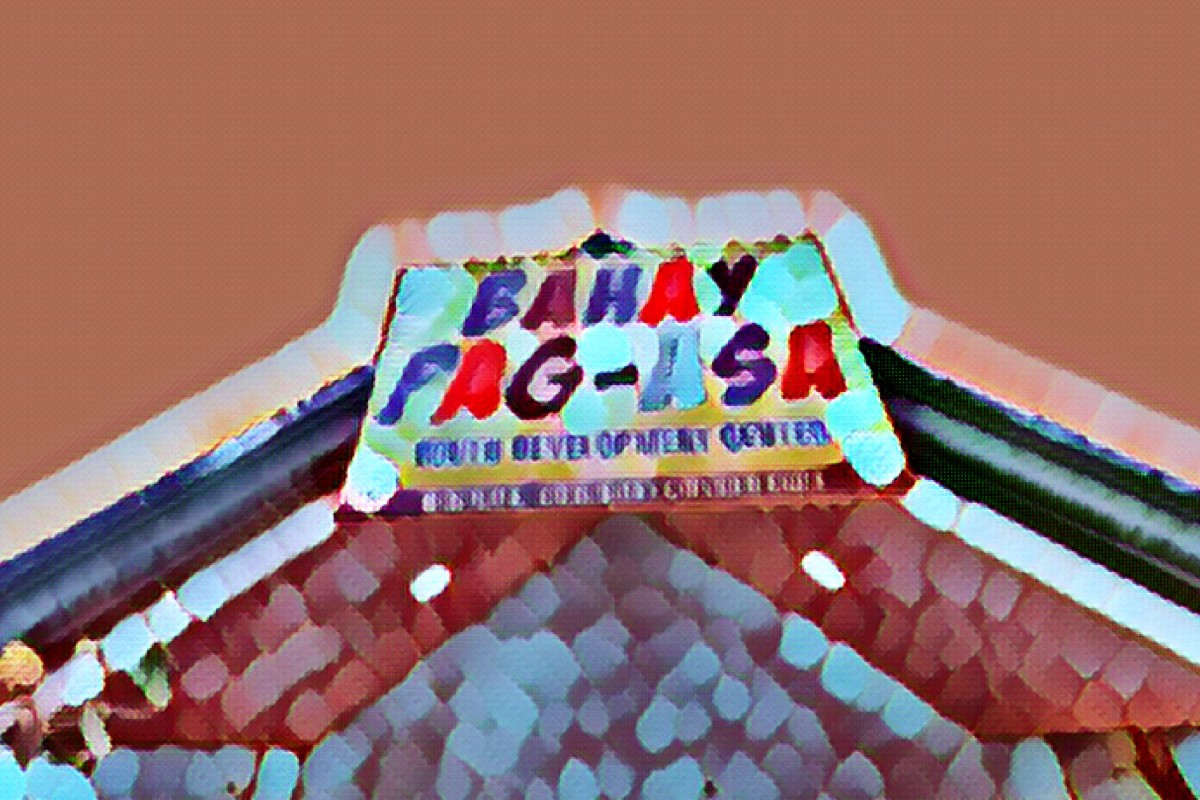Bahay Pag-asa – Giving children hope and a brighter future.
Bahay Pag-asa, when translated into English, means House of Hope. The place serves as a short-term sanctuary for children at risk (CAR) and children in conflict with the Law (CICL) in support of a restorative justice and welfare system in a protective and enabling environment.
Rehabilitation not Imprisonment
The Juvenile Justice and Welfare Act (JJWA) of 2006 does not consider child offenders, criminals. Instead, it also sees them as victims brought about by their bleak experiences and the negative effects of the physical environment.
These children now have hope that they may improve, change, and work toward a better future because of this law.
The Regional Juvenile Justice Welfare Council (RJJWC) acts as the policymaking body to ensure that the law is implemented effectively in the regions.
During the BPA monitoring visit of the RJJWC - National Capital Region (NCR) from January 25 - 27, 2023, CICLs shared their experiences during their stay in BPA.


A CICL from Mandaluyong City BPA Youth Development Center, 19 years old but was caught when he was 17 due to an offense involving drugs, says that he felt sad at first because he missed his family in Cavite.
“Nung una lang [pag]pasok malungkot kasi ‘yong pamilya ko malayo pa po, sa Cavite.”
His dedication to finishing his studies and good performance granted him a privilege by the Mandaluyong City BPA to study in a nearby school outside the facility. He added that he wanted to become a police officer to serve the country, and that’s what his father also wanted him to be.
“Gusto ko magserbisyo sa bayan at iyon po ang gusto ng tatay ko.”
He also promised himself that he wouldn’t do it again.
“Pinangako ko na sa sarili ko na hindi ko na uulitin ‘yon.”
Two CICLs, whose offense also involves drugs, from a BPA in Muntinlupa City expressed their hopes to return home because they miss their family. Becoming more disciplined is what they learned during their stay in BPA.
“Nagkaroon po kami ng ganoong disiplina.”
They are also willing to finish their studies because they want to be a flight attendant and a doctor.
RJJWC-NCR turned over furniture, fixtures, therapeutic materials, personal hygiene kits, COVID-19 response items, sports and recreational materials, and ICT equipment to the BPAs in NCR. This is part of the BPA Support Project that aims to improve BPA operations and service delivery and for its residents to be properly equipped/ prepared for reintegration.


The vice-chair of RJJWC-NCR, represented by Attorney Ramon Antonio Sabinorio from the Public Attorneys Office (PAO), was also present during the monitoring visit to answer the children's questions about their cases, as well as encourage them to do what is right and never to commit the same mistake again.
BPAs functions are established in Republic Act (RA) 10630 that child offenders must be put in juvenile care institutions. These provisions strengthened the JJWA of 2006, by substituting BPAs for Youth Detention Homes and enhancing the functions of these residences.
The JJWA of 2006 encourages the development of a juvenile justice system that focuses on a child offender’s restoration and rehabilitation rather than punishment. (PIA-NCR)




